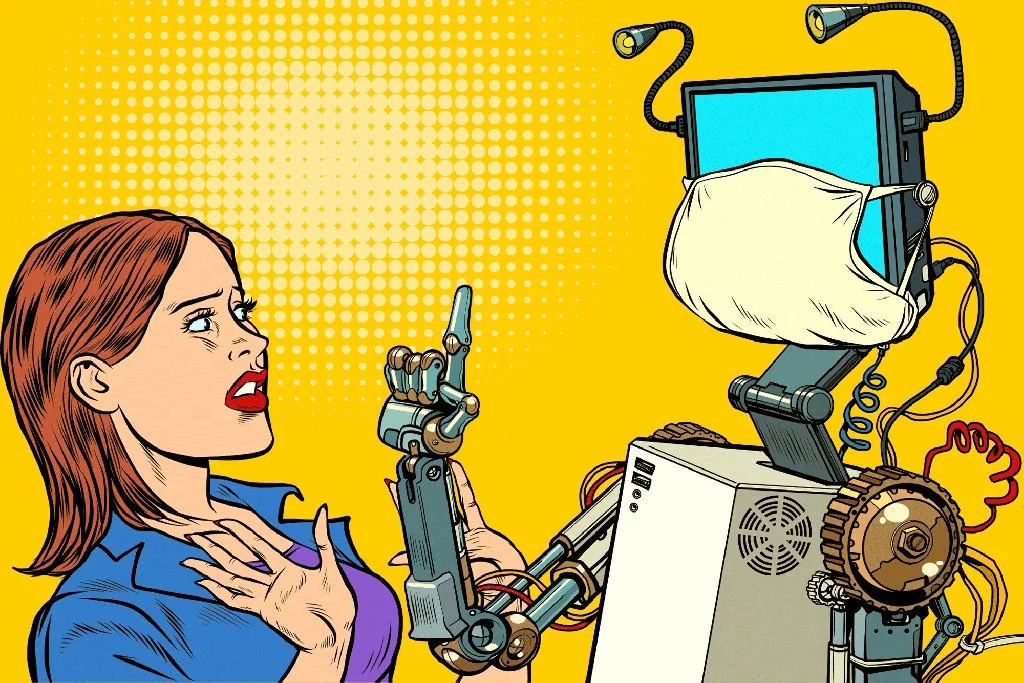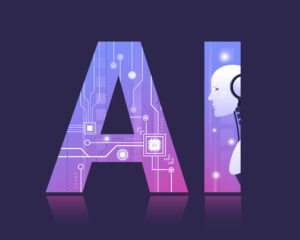
Can we rely on AI for trustworthy health advice?
To build trust in AI health advice, transparency, ethical data handling, accountability mechanisms, privacy protection, and human-AI collaboration must be prioritized.

Artificial Intelligence (AI) has made remarkable strides in various fields, including healthcare. With the ability to process vast amounts of medical data, detect patterns, and make predictions, AI holds the promise of revolutionising the way we receive health advice
However, the question of whether we can trust health advice from an AI is a complex and multifaceted one. In this article, we will explore the current state of AI in healthcare, the challenges it faces in gaining our trust, and the potential for AI to become a reliable source of health advice in the future.
The Current State of AI in Healthcare
AI in healthcare is already making significant contributions. It can assist in diagnosing diseases, predicting patient outcomes, personalizing treatment plans, and even enhancing drug discovery processes. For example, machine learning algorithms can analyze medical images like X-rays and MRIs to identify abnormalities, potentially reducing human error. Chatbots and virtual health assistants powered by AI can provide information and answer health-related questions in real-time.
Challenges in Trusting AI Health Advice
Despite its potential, there are several challenges to trusting health advice from AI:
- Lack of Transparency: Many AI models, especially deep learning models, operate as “black boxes.” This means that it can be challenging to understand how they arrive at their recommendations. Trusting a decision-making process that cannot be explained or understood by humans is difficult.
- Data Bias: AI systems learn from historical data, which may contain biases. If the data used to train AI models are biased, the advice or diagnoses they provide could also be biased. This poses a significant ethical concern, as it may lead to disparities in healthcare outcomes for different demographic groups.
- Accountability: In the event of a wrong diagnosis or harmful advice, it is unclear who is responsible. Should we blame the developers of the AI system, the healthcare professionals using it, or the patients who relied on it? Establishing accountability is crucial for building trust.
- Privacy Concerns: AI systems require access to large volumes of personal health data. Concerns about the misuse or unauthorized access to this data can erode trust in AI-powered healthcare solutions.
- Limited Context: AI systems may not fully grasp the nuances of a patient’s individual circumstances, emotional state, or cultural factors that can influence health decisions. This lack of contextual understanding can lead to recommendations that may not be suitable for every patient.

The Path Towards Trustworthy AI Health Advice
Building trust in AI health advice requires addressing these challenges and implementing key strategies:
- Transparency: Developers should prioritize creating AI systems that can provide explanations for their decisions. Transparent AI models allow healthcare professionals and patients to understand the reasoning behind a recommendation, increasing trust.
- Ethical Data Handling: To mitigate bias, it’s essential to ensure that the data used to train AI models are diverse, representative, and free from bias. Regular audits of AI systems for fairness should be conducted.
- Accountability Frameworks: Clear accountability mechanisms should be established, defining responsibilities for AI system developers, healthcare providers, and patients in the case of errors or adverse outcomes.
- Privacy Protection: Robust data security and privacy measures must be in place to safeguard patient information and build confidence in the responsible use of AI.
- Human-AI Collaboration: AI should be viewed as a tool to assist healthcare professionals rather than replace them. Collaboration between AI systems and human experts can ensure that the best decisions are made for patients.

The question of whether we will ever be able to trust health advice from AI is a pertinent one. While AI has the potential to greatly benefit healthcare, trust-building measures must be prioritized. Transparency, ethical data handling, accountability, privacy protection, & collaboration between AI & humans are essential components of establishing trust in AI health advice.
As technology continues to evolve and ethical standards are refined, we may one day confidently rely on AI as a valuable source of health guidance. However, until these challenges are adequately addressed, a cautious and balanced approach to AI in healthcare is warranted.
Never miss any important news. Subscribe to our newsletter.
Related News


British Investor Who Predicted US Slump Warns of Next Crash

I’m a Death Doula: 4 Reasons I Believe Death Isn’t the End


Tech to Reverse Climate Change & Revive Extinct Species

AI Unlocks the Brain’s Intelligence Pathways

XPENG Unveils Iron Robot with 60 Human-like Joints

Can AI Outsmart Humanity?

11 ChatGPT Prompts to Boost Your Personal Brand

Keir Starmer Hints at Possible Tax Hikes on Asset Income

Navigating the Future of AI: Insights from Eric Schmidt
